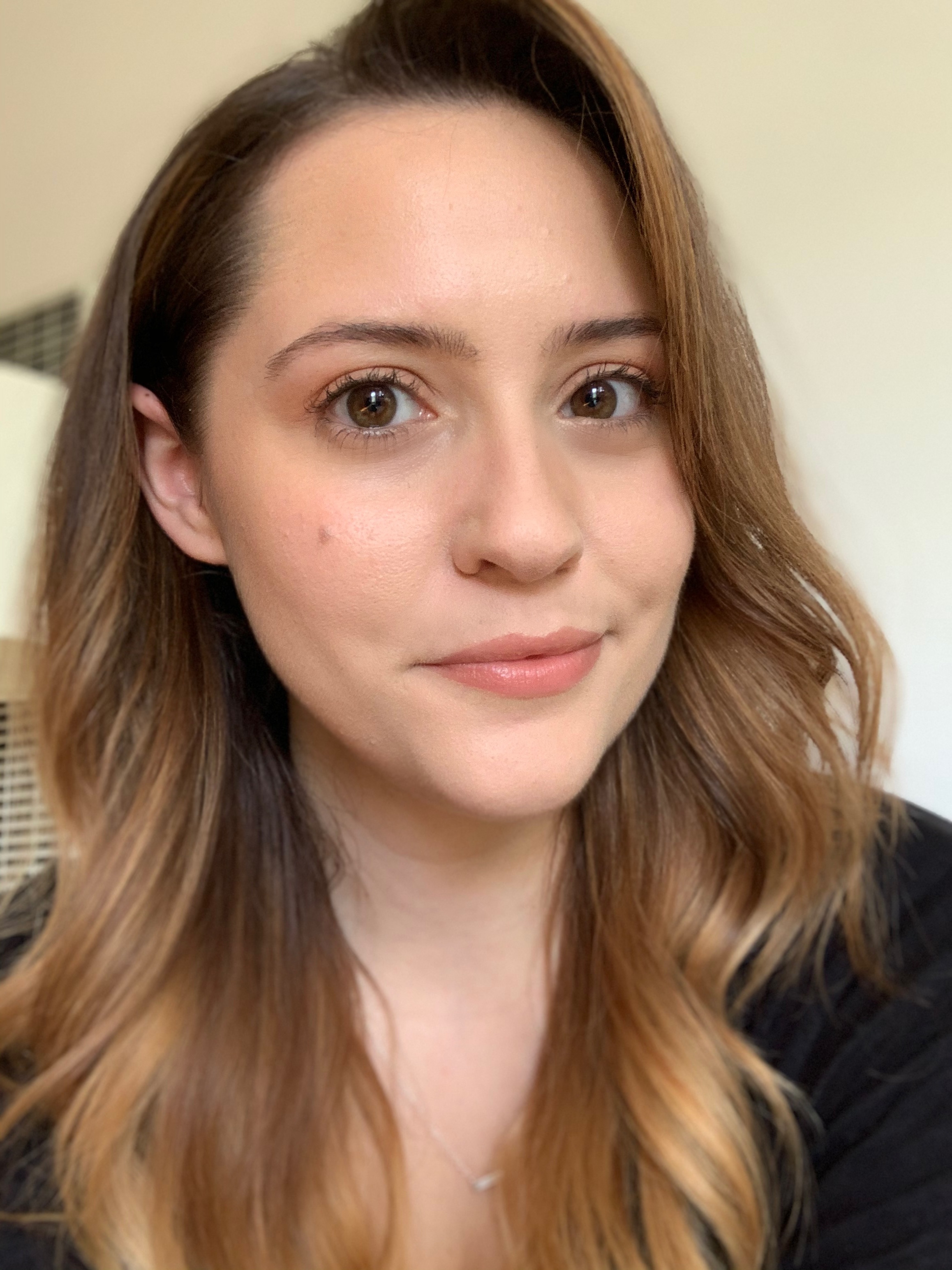Hillary Levi is a literary manager at The Gotham Group and a producer of animation/anime and live-action. Most recently, she developed original content for Crunchyroll, the world’s most popular anime brand, and VRV, the fandom-focused video platform. In this role, she was responsible for the development, production, and launch of animated series for both platforms, including HarmonQuest and Cyanide & Happines, as well as co-productions with Adult Swim. Hillary has deep experience across Hollywood, having also spent time at Freeform, Boom! Studios, The Gersh Agency, and Village Roadshow Pictures. She spoke to Creative Screenwriting Magazine about her work in the business.
Are there any signature films/TV shows that most align with the type of material you’re most interested in?
While I consider myself a genre nerd, I would hate to box myself in to one set of specific media. For my live-action clients, I tend to skew more genre and dark comedy. For my animation clients, I represent everyone from pre-K writers to genre action directors. I have a pretty big tent of different types of clients, and I believe talent can come from anywhere.
It seems you’re most focused on animation, comics and new media. What attracts you to these platforms?
Animation, comics, and new media are just one part of my business. I also have a live-action business. In fact, I call myself “medium agnostic,” as I never want to be pigeonholed into one specific thing. My philosophy is that all types of media coexist alongside each other, and that talent should not be put into boxes.
What types of stories are better suited to these media?
There is no one set story that is better suited to animation, comics, or new media. Each platform, publisher, network, or studio has their own mandates. It’s my job to help find the right stories and clients to share with each of those companies.
Other than a script, what else might writers need to pitch their stories such as artwork, character models, or music?
It depends on the medium. In animation in particular, reference art can be helpful, but I don’t recommend hiring an artist out of your own pocket. If the writer is also an artist, some character designs or sketches can be helpful. For comics, some publishers don’t even want an artist attached, and some do – it really depends. At the heart of it, you can add all the bells and whistles you want, but you need to have the story down first. An executive or producer can usually tell when someone is trying to do something flashy to cover up for a mediocre story, so I suggest putting energy into making sure it’s solid.
Where do you see the most opportunities for writers in the current market in both traditional and non-traditional storytelling?
The industry is always evolving, and we’re currently heading into a new cycle with a lot of changings-of-the-guard for many buyers. To me, it’s not about finding the obvious, most common opportunity – it’s about finding the right opportunity that fits with the client. I really try to take a bespoke approach to each client and try to tailor opportunities and meetings based on that and not just on trends. While I do track trends and try to take advantage of them when it makes sense, trends don’t last forever.
What’s your biggest consideration when you source new projects?
I don’t sign projects – I sign people. My job as a manager is to help develop a person’s career, so I don’t take on things on a project-by-project basis. I truly have to believe that I could really help this person have a fantastic and successful career, and that’s what matters to me most.
Describe your ideal writer-manager relationship.
There’s no such thing as “ideal” in my mind because everyone needs different things. Some people need someone who is involved all the time, and some don’t need much handholding at all. I can only speak to my style as a manager, which is to “sell them on the light, but show them the tunnel,” as someone once told me.
I like to have a clear career goal in mind, regardless of how big, and then figure out the steps we need to take in order to get to that point. That’s the fun part because it’s like a puzzle or riddle to solve – and we solve it together. It’s a team sport for sure. If everyone is honest, curious, pragmatic, and excited about the path ahead, I think those make for a fantastic relationship.
What career missteps do you see both newer and established writers make?
For newer writers, not having original samples or having original samples written with someone else who is not their writing partner. I can’t tell you how many submissions I get where a newer writer will send me a spec episode and/or a writing sample they did not write by themselves. I sadly can’t use either of them because execs and producers want to read someone’s original, solo voice.
For established writers, and even for newer writers, I think there is this misconception that because so much of media is IP-driven, they have to go out and make a comic or write a book in order to sell a show. That’s just not the case. IP is helpful, but only when the IP is meaningful. If you write a book and no one reads it, then you may have just written a book when you could have written a really great script instead.
What’s the best piece of advice you give to emerging screenwriters?
Write, read, and network. Rise and repeat.
